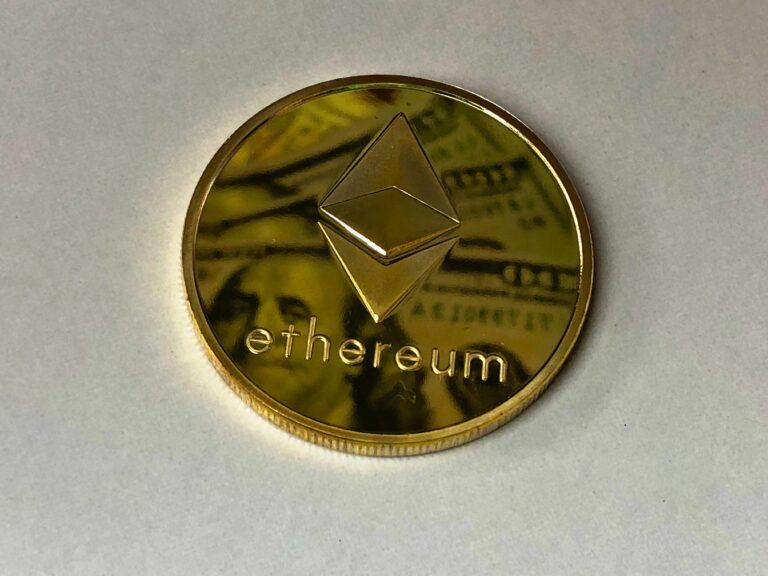On Tuesday (11 December 2018), the U.S. Commodity Futures Trading Commission (CFTC) issued a “Request for Input” (RFI) on “Crypto-asset Mechanics and Markets”. More specifically, the CFTC is “seeking public comment and feedback in order to better inform the Commission’s understanding of the technology, mechanics, and markets for virtual currencies beyond Bitcoin, namely Ether and its use on the Ethereum Network.”
According to its press release, the CFTC is expecting that these comments, all of which must be received by 60 days from the date of publication of the RFI in the Federal Register, “will benefit LabCFTC, the CFTC’s FinTech initiative, and help to inform the Commission’s understanding of these emerging technologies.” The Commission says that it wants this public feedback for advancement of oversight of the commodity futures markets and for regulatory policy development. It also says that the feedback will “advance the CFTC’s mission of ensuring the integrity of the derivatives markets as well as monitoring and reducing systemic risk by enhancing legal certainty in the markets.” Comments may be submitted via the CFTC website, regular mail, or hand/courier delivery.
In addition to general feedback, the CFTC is hoping for answers to 25 questions across the following categories:
- “Purpose and Functionality”
- “Technology”
- “Governance”
- “Markets, Oversight and Regulation”
- “Cyber Security and Custody”
Here are a few of the more interesting questions:
“Are there any existing or developing commercial enterprises that are using
Ether to power economic transactions? If so, how is Ether recorded for accounting
purposes in a comprehensive set of financial statements?”
“Does the Ethereum Network face scalability challenges? If so, please describe such challenges and any potential solutions. What analyses or data sources could be used
to assess concerns regarding the scalability of the underlying Ethereum Network, and in particular, concerns about the network’s ability to support the growth and adoption of
additional smart contracts?”
“Relative to a proof of work consensus mechanism does proof of stake have particular vulnerabilities, challenges, or features that make it prone to manipulation? In responding consider, for example, that under a proof of stake consensus mechanism, the chance of validating a block may be proportional to staked wealth.”
“How would the introduction of derivative contracts on Ether potentially
change or modify the incentive structures that underlie a proof of stake consensus model?”
The following question is especially interesting (see if you can spot anything wrong with the question):
“In light of Ether’s origins as an outgrowth from the Ethereum Classic
blockchain, are there potential issues that could make Ether’s underlying blockchain vulnerable to future hard forks or splintering?”
Featured Image Credit: Photo via Pexels.com









